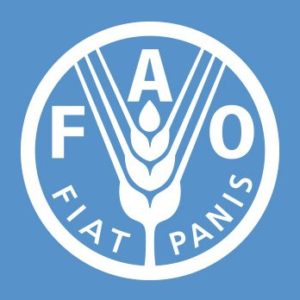The 16th of October marks World Food Day – a day dedicated to tackling the issue of world hunger. The idea is to reach zero hunger and create a healthy lifestyle for yourself and the planet.
Where did it all start?
World Food Day was created in 1979 to celebrate the creation of the Food and Agriculture Organization (FAO) of the United Nations in 1945.
In 1981 each WFD began to have a theme or focus for that year, such as World Food Security: the challenges of climate change and bioenergy in 2008; and Family Farming: “Feeding the world, caring for the earth” in 2014.
This year, it’s all about Healthy Diets for a #ZeroHunger world.
What does the FAO suggest?
The FAO website offers the following suggestions to make small changes to ending global hunger…
Diet Choices:
- Use your country’s dietary guidelines – eat fresh, ripe and seasonal fruit and veg
- Cut back on refined starches, fat, sugar and salt
- Opt for ‘brown’ varieties e.g. brown rice or wholemeal bread
- Know your fats – unsaturated fats found in fish and nuts are part of a healthy diet
Planet Choices:
- Think about the environment – how much of a carbon footprint do certain foods leave for production?
- Diversify your diet by sourcing locally produced food
- Eat sustainably sourced fish – species that are overpopulated, avoid overfished varieties
- Store your food properly – keep it fresh and prevent waste, around 30% of the world’s food is wasted every year
Life Choices
- Eat with other company and cook at home
- Learn to read labels – they have the info you need about their contents and use-by dates
- Be a conscious consumer and don’t let advertising and flashy labels sway you
- Exercise for at least 30 minutes every day, 60 minutes for children
- Ask for healthier meal choices – in vending machines and work cafeterias and encourage local officials to supply healthier options to schools and youth centres
- Talk to people – share your knowledge and passion!
Over to you…
Set yourself some goals to work towards your own #ZeroHunger diet. You may not be able to take it all on at once, but you can start small, and work your way up. Here are a few ideas to get you started…
- Research into what organic produce suppliers are local to you – this will not only support your local economy but also cut back on your carbon footprint, and they are a healthier option to mass-produced GM foods.
- Read labels before you buy – where is the product sourced? What ingredients are actually included? Don’t just buy the prettiest package.
- Look at your storage – consider using grip lock Tupperware to keep food fresher for longer and prevent waste.
For more information on the FAO and World Food Day, click on the image below.



